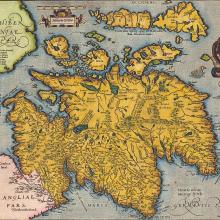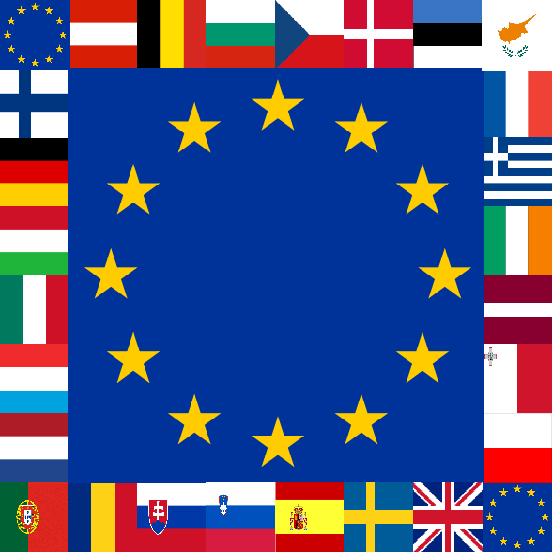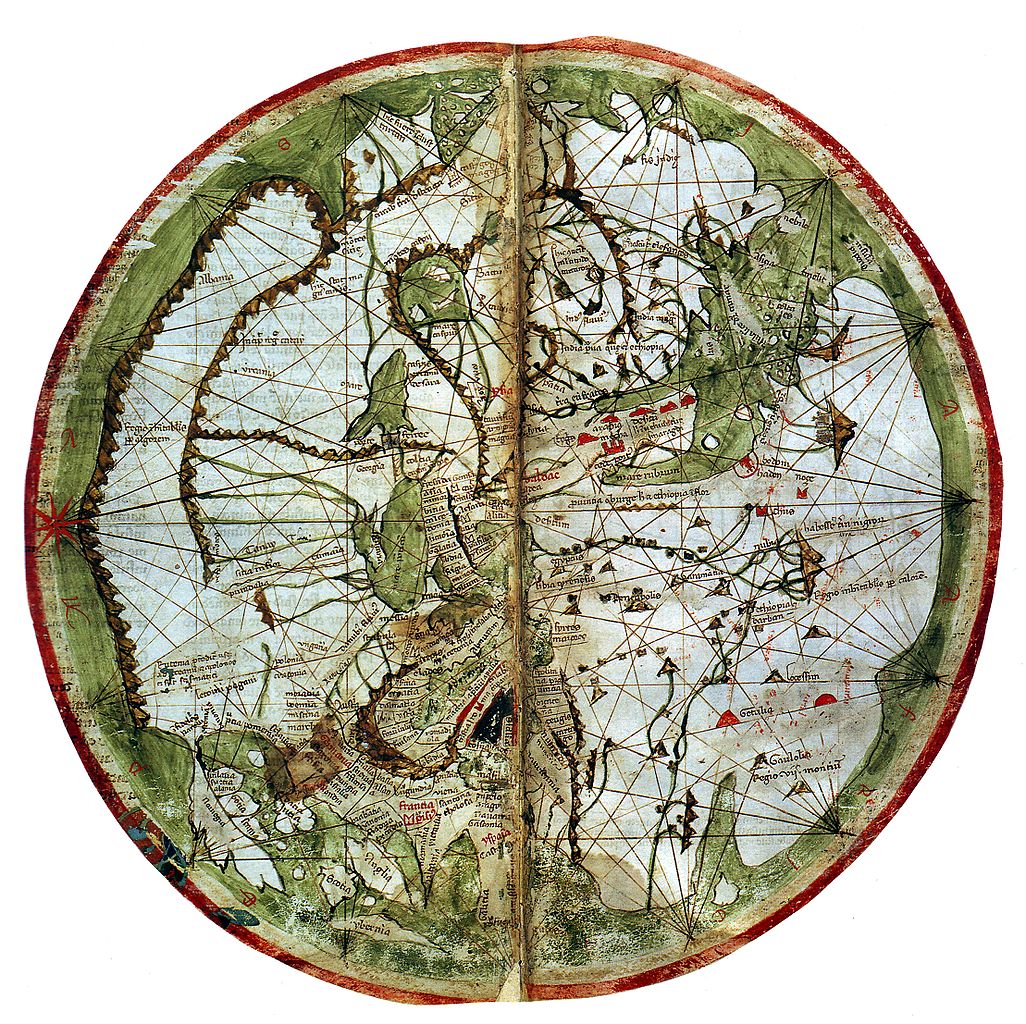
On Wednesday 13 November 1940, the Scottish National Party’s secretary John M‘Cormick addressed a meeting of the party's Stirling branch in the County Hotel.
His theme was Scotland’s place in the new world and European order which would emerge after the war.
The Stirling Observer duly reported his words, and we extract some of them here without comment as a point of historical interest.
A CONFEDERATION OF EUROPE
It was also conceivable that the outcome of the present struggle miight be something quite different, and that instead of one Power emerging capable of forcing a unity in Europe there might emerge instead a development on the part of all the small countries of Europe to live in peace and close co-operation. This would express itself in the establishment of some Confederation of Europe in which each nation would maintain itself in a complete entity and would collaborate with all the others in matters of common concern and the development of economic interests.
Looking at these points from the Scottish Nationalist view, it seemed to him that if there emerged a unity which was enforced by any one Power—a unity which represented the swallowing up of all the identities of the various countries—then nothing was more tragic or more likely to retard the progress of civilisation than such an eventuality. But if Germany’s desire or ambition was frustrated, as he firmly believed it would be, then it would be the place of all small nations, and particularly Scotland, to work for a a new confederation which would preserve independence in all that mattered, and ensure co-operation in everything of common concern.
SCOTLAND’S SPECIAL PLACE
He believed Scotland had a very special place in Europe at the present time, and a very special destiny to fulfil. He did not claim that the people of Scotland were better than the people of any other country, although he did say that they had a background of popular education extending back for 300 years which no other people in Europe had. By the accident of geography, by the chance of history, Scotland to-day occupied a key position in Europe and the world. At the present time she was still an unrecognised part of the British Commonwealth of Nations. If the people claimed the right to govern themselves as a free people, there would not be one Government speaking for the British Commonwealth, but two. They would no doubt require to co-ordinate their views and come to some adjustment of policy, but in doing so how great would the influence of Scotland be? It would represent an age-long tradition of freedom, of non-aggression, and of peacefulness if Scotland secured self-government at the end of the war in which thy must suppose Britain would be victorious.
Scotland would be able to play an enormous part in influencing all peace settlements, and in influencing the whole trend of reconstruction in Europe. Scotland had close associations not only with nations in the British Commonwealth, but also with many of the small countries of Europe, and by expressing the viewpoint of these small nations she was partner in the victory and would be able to ensure that the old kind of peace was avoided and a new kind of peace take its place.
Mr Robert Maclaurin, The Homesteads, presided, and at the close of the address the audience took part in a lively discussion.